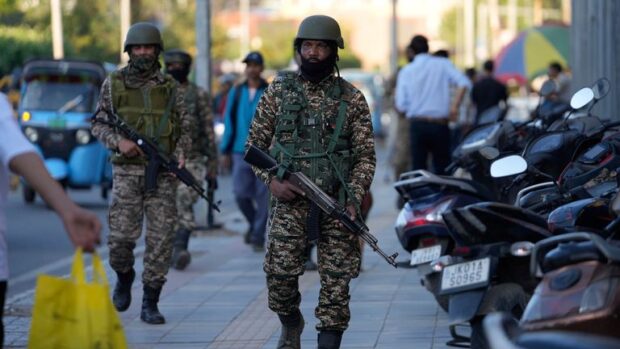
Saudi Arabia is cooperating fully with German authorities investigating the Magdeburg market attack suspect, Taleb al-Abdulmohsen. However, a sense of frustration exists within the Saudi Ministry of Foreign Affairs, as they claim to have repeatedly warned Germany about al-Abdulmohsen’s extremist views prior to the incident. The Saudis assert they sent four official diplomatic communications (“Notes Verbales”) to German intelligence agencies and the foreign ministry, but received no response.
This intelligence lapse is complicated by several factors. Al-Abdulmohsen was granted asylum in Germany in 2016, following Chancellor Angela Merkel’s decision to open Germany’s borders to a large influx of migrants. Al-Abdulmohsen, originally from Saudi Arabia, was a unique case, having renounced Islam, a punishable offense in his home country. He had left Saudi Arabia at age 32 and was active on social media, identifying himself as a psychiatrist and founder of a Saudi rights movement advocating for ex-Muslims. The Saudis allege he was involved in human trafficking, with their Ministry of Interior possessing a substantial file on him. Reports also suggest Saudi dissidents abroad, including in Germany, have been subject to surveillance by Saudi agents.
The German authorities have acknowledged shortcomings in their handling of al-Abdulmohsen’s case, including the failure to adequately secure the Magdeburg market, allowing the attack to occur. While they defend the market’s layout and cite an ongoing investigation, the prior warnings from Saudi Arabia raise serious questions about intelligence sharing and assessment.
A further layer of complexity is the delicate relationship between Saudi Arabia and the West. While considered an ally, Saudi Arabia has a problematic human rights record. Despite recent social reforms under Crown Prince Mohammed bin Salman, such as allowing women to drive and opening entertainment venues, a simultaneous crackdown on political and religious dissent has occurred. This context makes Germany’s apparent disregard for Saudi intelligence warnings even more significant.
The case highlights the challenges of international intelligence cooperation, particularly when dealing with information from countries with differing political and social systems. It also raises questions about asylum procedures and the assessment of potential security threats within migrant populations. The Magdeburg attack underscores the need for improved communication and collaboration between nations to prevent future tragedies.
















Be the first to leave a comment